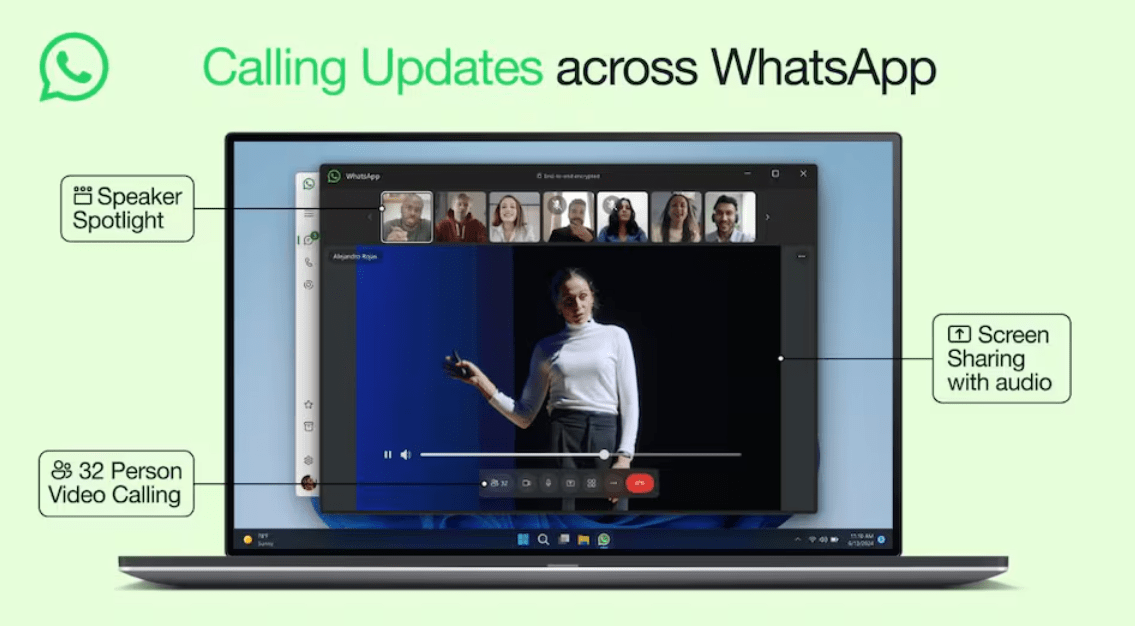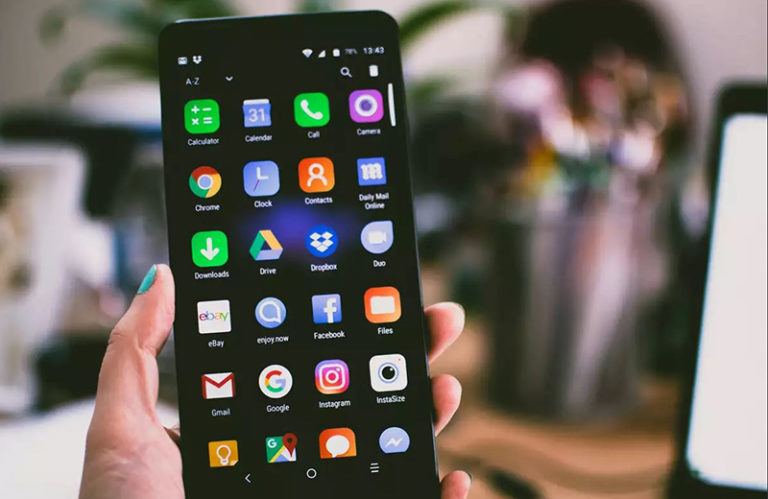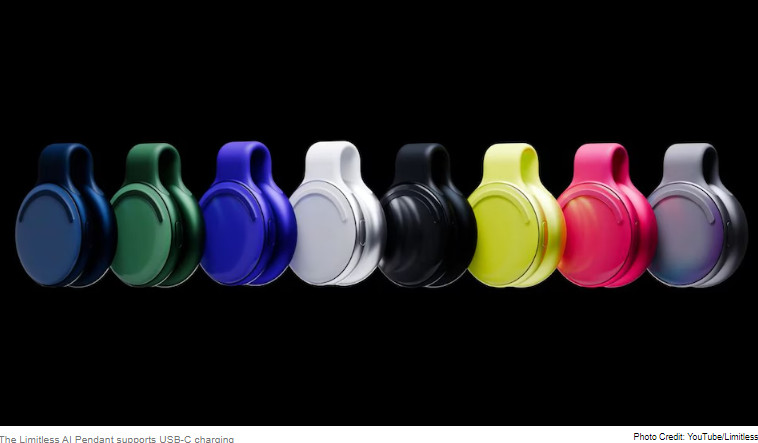WhatsApp announces improved video calling features for mobile and desktop apps.

On Thursday, WhatsApp revealed a number of enhancements to its video calling service for desktop and mobile users. From the previous limit of merely eight participants on the WhatsApp Desktop client, the participant limit for group video calls has been increased across platforms to up to 32 users. Apart from the augmentation of the video calling functionality, users can also distribute their voice while sharing their screen with other attendees.
WhatsApp enhances video calls on desktop and mobile apps.
The instant messaging service, which is owned by Meta, stated in a blog post that the most recent upgrade will enhance the app’s screen sharing features.
As per the firm, users will have the ability to share the audio playing when watching films with others while sharing their screen.
Additionally, WhatsApp disclosed that more users are able to participate in group video calls. Users of the PC software could only join calls with a maximum of eight, but up to 32 mobile users may participate. Now, regardless of the platform a user is joining from, up to 32 people can participate in a video or call because it is now consistent across all devices.
Additionally, a brand-new feature called “speaker spotlight” will be unveiled, emphasizing the speaker during a video conference. Theoretically, it could be helpful for attendees of video conferences in big groups, allowing them to quickly identify the speaker without having to look through the participant list.
According to WhatsApp, users on desktop and mobile platforms will begin to receive the new functionalities in the upcoming weeks.
The new audio call codec for WhatsApp
Together with the video calling capabilities, Meta Platforms unveiled a brand-new tool designed to enhance call quality. According to Meta, the feature, called the Meta Low Bitrate (MLow) codec, aids in compressing the recorded audio and video for effective transmission over the internet.
Meta claims that the MLow codec is an improvement over the previous open source Opus codec and can increase the audio quality, especially on slow-speed connections, despite the fact that compression frequently results in a loss of quality. This codec is currently being rolled out to WhatsApp, having previously been accessible on other Meta platforms including Instagram and Messenger.






